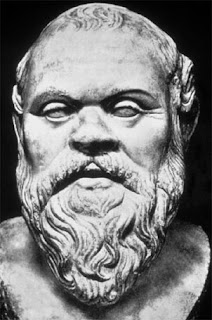Reading it now, I'm struck by three things. First, that in recording the events of my life, I could only write about things I had a chance of being able to spell. Second, that even after slimming down my language and carefully choosing the subject, there was no way through the writing maze without having to make frequent spelling guesses. And third, that my teachers were kind enough to only correct one or two words in each entry.
So here, chosen at random, are three days worth of diary from a 13 year old dyslexic, who bizarrely went on to become a novelist.
Yesterday in gaims I had a tutorial it was good fun. We did some spelling ruls. In the evening I was playing a gaim called T.R.I Tactics. It was fun. Yong siantist and mishon imposable were on telivition.
Yesterday we had an English test it was grosum. I did farly well. Also yesterday we went on a run. we were not timed so we could Just trot round. In the evening we went swiming it was a practis for the swiming gala.
To day in the morning in english we did a leson on wrighting informal leters. After that in gography we starled maps of the Mendips.
Comments are as always welcome. But please don't correct the spelling. Having mistakes pointed out gets tiresome after the first thirty or forty years.


